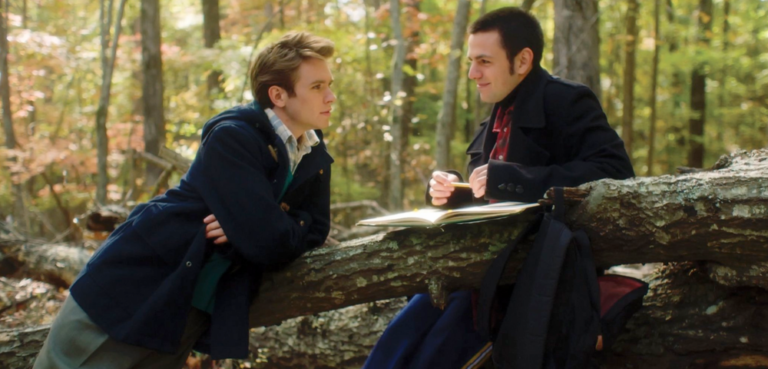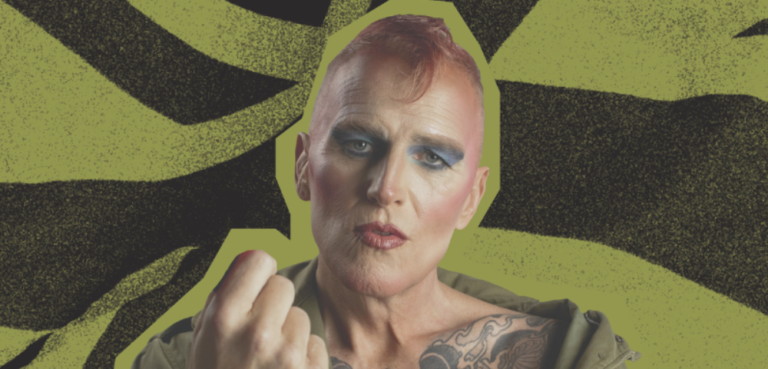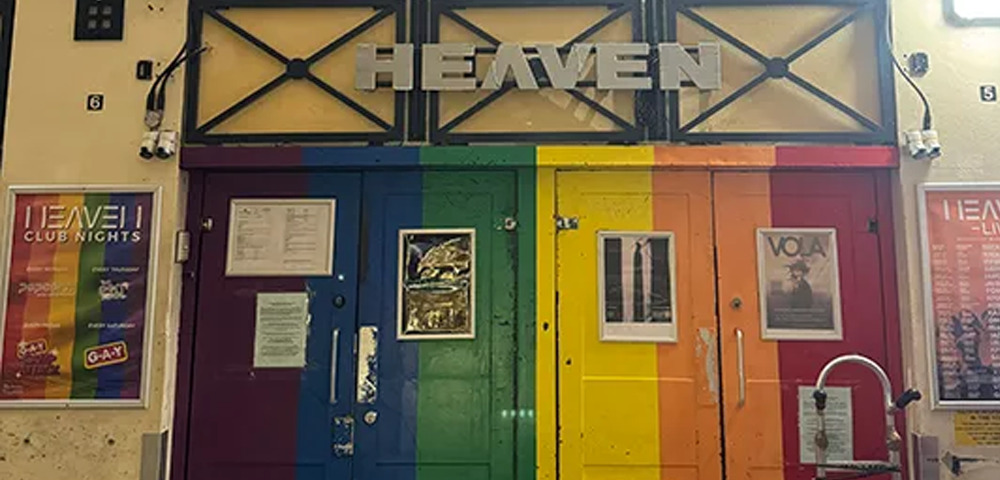
Church of England updates ceremony to affirm trans members post-transition

The Church of England has released new guidance on the recognition of transgender people,
The advice suggests that the Affirmation of Baptism service – traditionally for people wishing to formally reaffirm their faith – be adapted to suit trans Christians as well, the BBC reported.
The guidance says the Church “welcomes and encourages the unconditional affirmation of trans people, equally with all people, within the body of Christ, and rejoices in the diversity of that body into which all Christians have been baptized by one Spirit”.
The service would see participants addressed by their chosen name rather than by their deadname to mark their renewed place in the Church.
The decision comes after the Church of England last year voted to explore how to better include trans people in the faith.
Reverend Dr Tina Beardsley, one of three trans clergy consulted on the change, said that she and other members of the Church who had informal ceremonies would be thrilled to have them officially recognised.
“For me the most important thing was actually having this certificate to say that I had renewed my baptism vows and it had my chosen name on it,” she said.
However Beardsley expressed disappointment that the guidelines did not include specific liturgical phrases to mark someone’s transition.
“We are absolutely clear that everyone is made in the image of God and that all should find a welcome in their parish church,” said Bishop of Blackburn Julian Henderson.
Anti-LGBTI lobby group Christian Concern slammed the new advice, saying that “repentance for colluding with transgender ideology is the Church of England’s only hope before God.”
“This new guidance provides an opportunity, rooted in scripture, to enable trans people who have come to Christ as the way, the truth and the life, to mark their transition in the presence of their Church family which is the body of Christ.”
Meanwhile, in Australia, the Anglican Diocese of Sydney recently banned “transgender ideology” and same-sex weddings on Church property, with Archbishop Glenn Davies calling for a “positive right” to religious freedom.
The Diocese’s vehement anti-LGBTI stance throughout the debate over LGBTI discrimination in schools prompted a massive petition from former students of Anglican schools speaking out against officials’ stance on the subject.










Suck on that, Glenn Davies (Anglican Archbishop of Sydney). I was raised in Anglican schools throughout my schooling and voluntarily attended church on Sundays during my late teen years. My experience of my school was that it was fairly liberal on sexuality issues, my experience at the church I attended was that it was extremely liberal and welcomed everyone. I was appalled that the Sydney Anglicans donated a million to the No campaign. Many non-NSW Anglicans were too.
No surprises to see the C of E demonstrate some modernity, although it will of course be controversial among the very old school, and there are a fair few of those still around the place in an organisation that has much less relevance among the young than fifty years ago.